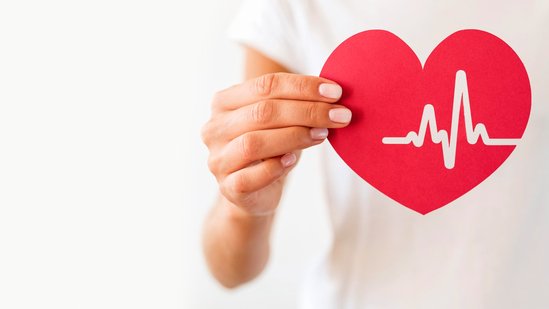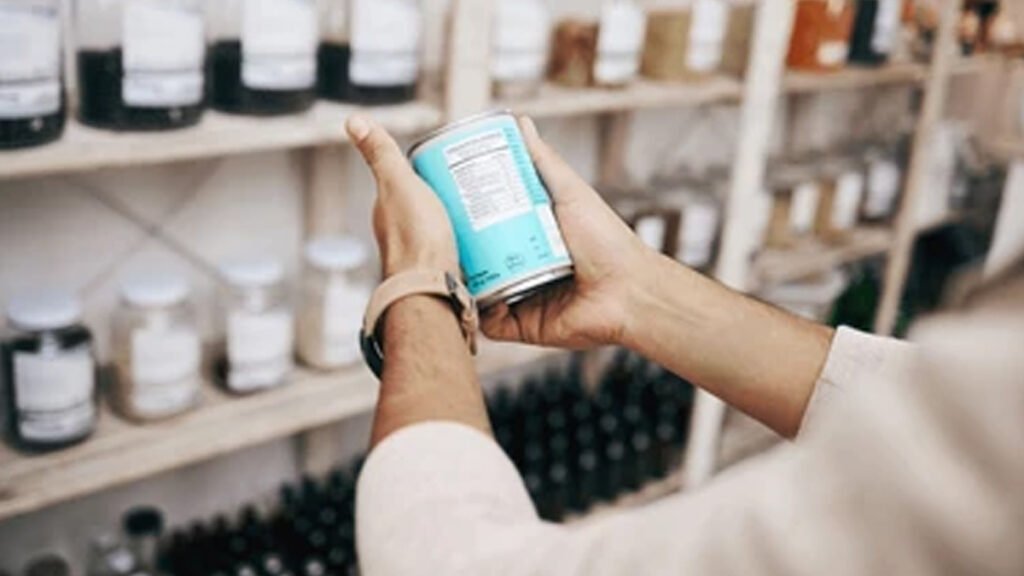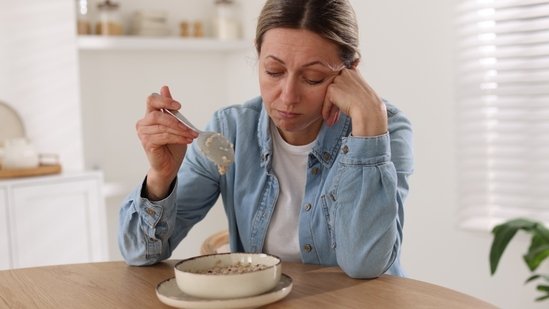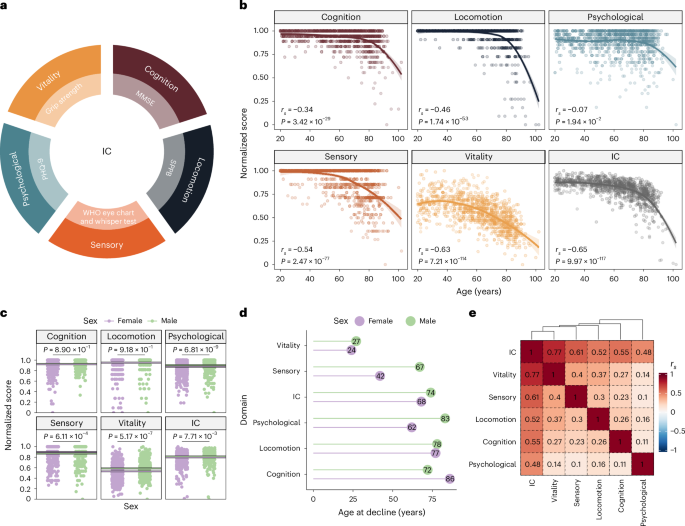If you enjoy a cup or two of coffee each day, here’s some good news — a new study suggests that drinking coffee in your 50s may help you stay healthier as you grow older. Researchers found that women who drank one to three cups of caffeinated coffee a day were more likely to reach older age without major health problems. That includes avoiding chronic diseases and maintaining good brain function, physical strength, and mental well-being. The findings were shared at the annual meeting of the American Society for Nutrition in Orlando earlier this week.
Dr. Sara Mahdavi, the lead author of the study and a nutrition expert from the University of Toronto, said, “Women who drank moderate amounts of coffee in their 50s had better chances of healthy ageing 30 years later.”

Study analysis
The research analysed health and lifestyle data from over 47,000 women who were part of the well-known Nurses’ Health Study. These women were surveyed about their diets and coffee drinking habits during middle age and were then followed for 30 years.
The goal was to see how coffee consumption might be related to ageing, especially in terms of disease and mental or physical decline. The results showed that those who drank between one and three cups of caffeinated coffee daily had better odds of staying healthy in older age.
Coffee, not just caffeine
One key finding of the study is that it wasn’t just caffeine that made the difference. The same benefits were not seen in women who drank decaffeinated coffee, tea, or caffeinated sodas. In fact, consuming a lot of cola or soda was linked to a lower chance of healthy ageing.
Experts believe coffee contains special compounds — like antioxidants and anti-inflammatory agents — that may help protect the body over time. These benefits likely go beyond the effects of caffeine alone.
Dr. David Kao, a heart health specialist at the University of Colorado who was not involved in the study, said that coffee seems to have health-boosting properties that other caffeinated drinks don’t offer.
There’s no guarantee
That said, this type of study can’t prove cause and effect. It’s observational, which means it can only show a connection — not that coffee directly causes better health.
Researchers adjusted for factors like diet, lifestyle, and overall health to try and isolate the effect of coffee. But it’s still possible that other habits shared by coffee drinkers — such as being more physically active or eating better — could be influencing the results.
Still, the findings do support earlier studies that have linked moderate coffee drinking to lower risks of heart disease, type 2 diabetes, and even some cancers.
Should you start drinking coffee?
So should you start drinking coffee if you don’t already? Not necessarily, say experts. “Coffee may support longevity, but it’s not a universal prescription,” Dr. Mahdavi explained. She pointed out that women, especially in midlife, go through hormonal changes that can affect how the body processes caffeine.
For example, during menopause or while taking birth control, caffeine may stay in the body longer due to shifts in estrogen levels. That means the effects of caffeine — both good and bad — can be stronger in some women than others.
Moderate caffeine consumption is generally defined as one to three cups per day. For many adults, that amount can be part of a healthy diet. But it’s not a reason for everyone to suddenly start drinking coffee.
Who should be careful with coffee?
While the findings are encouraging for coffee lovers, some people should still limit their intake. This includes those with:
- High blood pressure
- Heart problems
- Anxiety disorders
- Sleep issues
Dr. Lu Qi, a professor at Tulane University who was not part of this research, says timing matters too. He notes that drinking coffee in the morning is usually better than sipping it throughout the day, especially for people who have trouble sleeping.
Coffee is one part of healthy ageing
It’s also worth remembering that coffee is just one part of the bigger picture when it comes to ageing well. “Coffee may support good health, but it’s not a replacement for other healthy habits,” Mahdavi said.
Experts recommend focusing on the basics:
- Eat a balanced, nutritious diet
- Exercise regularly
- Get enough sleep
- Manage stress levels
Adding coffee to your routine may be helpful, but it won’t make up for unhealthy habits in other areas.
If you’re already enjoying one to three cups of caffeinated coffee a day, there’s no need to cut back — and it might even support better ageing.
But if you don’t drink coffee, these findings aren’t a reason to start unless it suits your personal health and preferences. As always, check with your doctor if you’re unsure.







